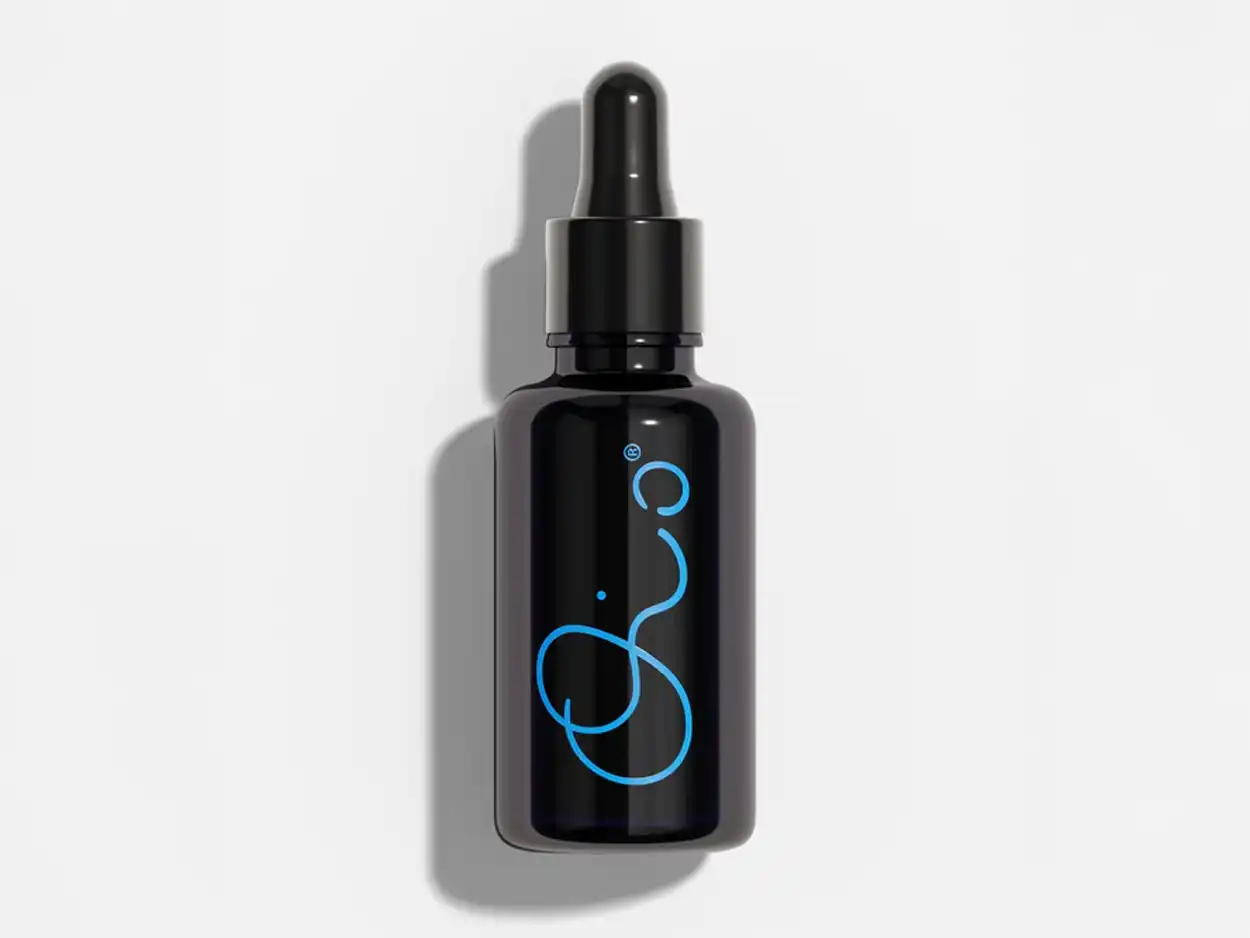Oio Lab might not be on every skincare enthusiast’s radar, but it has certainly piqued my interest with its innovative formulas. Its latest offering, Lunula Night, sounds as mysterious as its name suggests, claiming to gently boost skin overnight and help fend off the usual signs of ageing without causing the typical retinol-related irritation. After a full week of testing, I’ve gathered my thoughts on whether this product lives up to the hype and justifies the investment. Please note that this review is entirely my own opinion, unsponsored, and based on my personal experience, results may vary for each individual’s skin type.
What Is Lunula Night?
Lunula Night is a nighttime facial oil designed for use as part of an evening skincare routine, an option typically chosen for its ability to work with skin’s natural regeneration process during sleep. This product contains hydrogenated retinol, which gives a milder exfoliating effect compared to standard retinol products. For those just starting with retinol, this gentler approach offers a way to build up tolerance while still delivering the benefits associated with this ingredient, such as stimulating the skin’s own production of hyaluronic acid. Applied before bed as a serum or oil, it aims to support skin elasticity and address visible signs of ageing, making it a straightforward option for anyone exploring nighttime treatments.
Did It Work?
In a bold move (and admittedly quite scientific of me), I took a short break from my usual night cream to test Lunula Night on its own, just to be sure I wasn’t mixing results. Over the course of seven days, I applied it directly onto clean skin each evening, following up with a simple moisturizer a few times when my skin felt extra dry. On the first night, I instantly noticed that the texture sank in relatively fast and didn’t irritate my skin or leave it feeling sticky. By day three, I experienced neither flaking nor redness, which is impressive compared to some other retinol-based formulas that have left me blotchy in the past.
Across the week, my skin felt smoother and looked slightly firmer, particularly around my forehead. I didn’t detect dramatic changes to more stubborn fine lines, but the subtle improvement around my cheeks and jawline was definitely a welcome bonus. By the end of the trial, I could see why someone transitioning into retinol usage would enjoy Lunula Night: its gentler route seems to help ward off the usual dryness, itchiness, and redness. However, while it delivered on its promise to gently boost skin overnight, I’m personally not convinced it has earned a permanent spot in my skincare routine; though I might keep it on standby for nights when my skin needs a softer retinol approach.
Lunula Night’s Main Ingredients Explained
This formula is packed with a selection of nourishing oils, most notably pomegranate seed (Punica Granatum), evening primrose (Oenothera Biennis), and baobab (Adansonia Digitata), all of which are known for their ability to improve skin’s moisture levels and enhance elasticity. There’s also squalane, a plant-derived substance that helps soften and protect the skin barrier. Cranberry seed oil (Vaccinium Macrocarpon) and sea buckthorn (Hippophae Rhamnoides) extracts offer antioxidant benefits, which is always a plus when it comes to fighting off everyday environmental stressors. Rosemary leaf extract (Rosmarinus Officinalis) is included too, believed to help maintain a fresh feel while also contributing extra antioxidant power. The combination of these ingredients gives Lunula Night a strong foundation for skin rejuvenation without overloading it with fillers.
Hydrogenated retinol stands out as the main active ingredient here, chosen for its gentler exfoliating effect. By helping your skin gradually develop a tolerance, it’s less likely to trigger redness or itching like traditional retinol often can. As for comedogenic ingredients (those that tend to clog pores), there’s nothing in this blend considered highly pore-blocking, though, of course, individual experiences can vary. Linalool is present and may affect those with fragrance sensitivities, but it’s generally used at low concentrations. If you’re wondering whether Lunula Night is vegetarian or vegan-friendly, rest assured, there are no animal-derived components on this list, so it’s suitable for both. All in all, this carefully chosen roster of oils and extracts works together to create a mild yet effective night treatment, and that’s worth noting for anyone who’s been hesitant about adding a retinol product to their routine.
What I Liked/Didn’t Like
After a full week of testing, here’s a quick rundown of what stood out to me.
What Works Well:
- Gentle introduction to retinol for sensitive skin or those just starting out
- Noticeable smoothing effect on forehead and cheeks, with minimal redness or drying
- Packed with nourishing oils that support skin’s moisture and elasticity
What to Consider:
- Some may find it too mild if they’re used to stronger retinol formulas
- Not the most budget-friendly option for those looking for a daily staple
My Final Thoughts
The potion-like aura that Lunula Night projects certainly stokes the imagination, and all those promises of graceful, overnight transformation can feel a bit poetic. Still, there’s no denying the importance of a well-formulated night cream, especially if you want your skin to make the most of the repairing hours while you snooze. Having tried my fair share of similar products, I feel like I gave Lunula Night a fair go. It’s gentle enough for retinol newcomers, and while it may not spark a miraculous before-and-after scenario, it does offer a slow-and-steady approach. For anyone who’s been sidestepping harsher retinols, this might hit the sweet spot. For hardcore retinol users who thrive on stronger potency, Lunula Night might come across as a bit too tame.
On the whole, I was reasonably impressed: my forehead looked smoother, and my skin felt pleasantly plump after a solid week of use. It won’t replace the heavier-hitting retinol serums in my collection, but I’d still recommend it to a friend who wants a mild stepping stone into the world of retinol-based formulas. Overall, I’d rate Lunula Night a 7/10, it’s a solid performer but makes me crave a bit more oomph for longer-term results.
When it comes to alternatives, there are other great options out there that I’ve personally tried. The Nocturnal Revive Cream by Deascal is a fantastic allrounder, suitable for all skin types, wallet-friendly, and covers pretty much every major base you’d expect from a trusty nighttime companion. For an extra dose of hydration paired with a soft, bouncy finish, the Bouncy & Firm Sleeping Mask by LANEIGE is a go-to for me on nights when dryness threatens to take hold. If you’re leaning toward something with solid anti-aging credentials, the Hyaluron-Filler Night Cream by Eucerin effectively plumps fine lines, minus the dreaded morning-after greasiness. These alternatives offer varying levels of intensity and ingredients, so there’s something to fit every preference.
Before locking any new product into your nightly lineup, keep in mind the usual golden rules: do a patch test to check for irritation, and understand that results require consistent use, if you stop, the clock isn’t going to freeze your skin in time. But with that said, give Lunula Night, or indeed any of these recommended options, a decent run, and chances are your skin will thank you in the morning.

